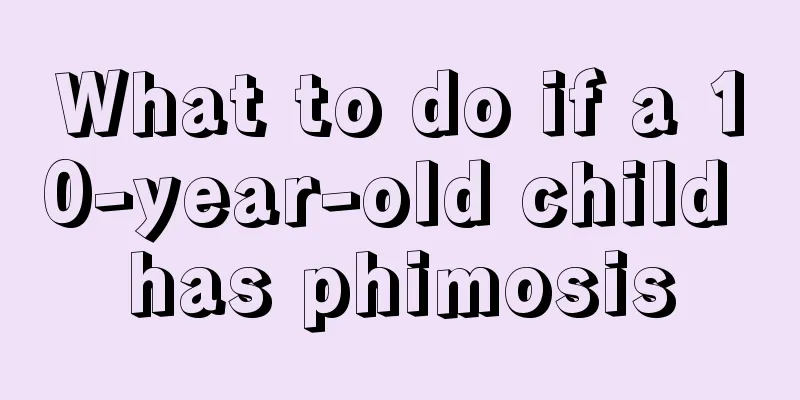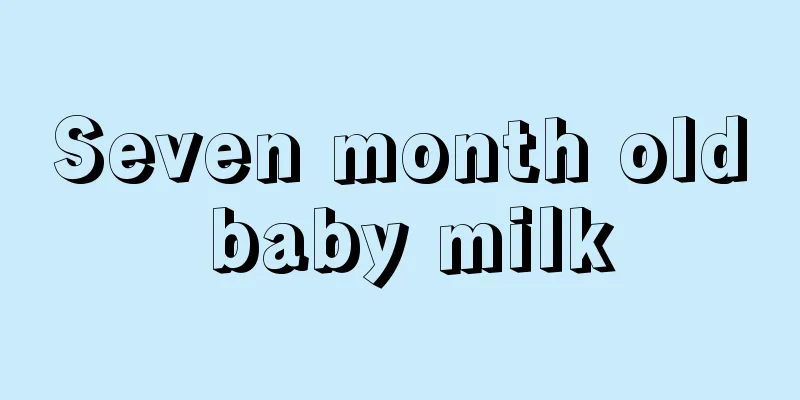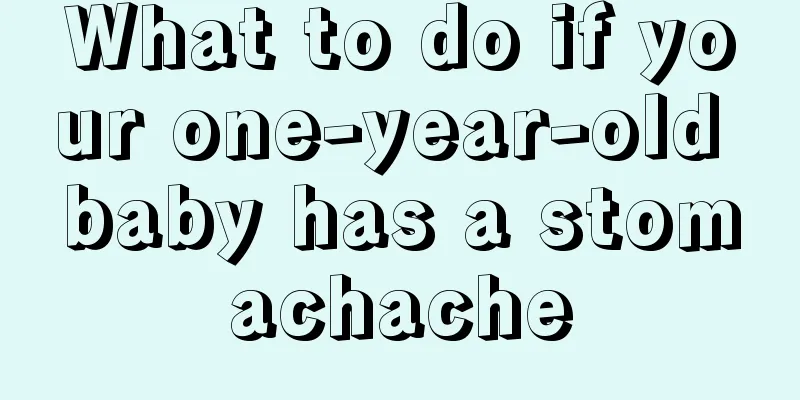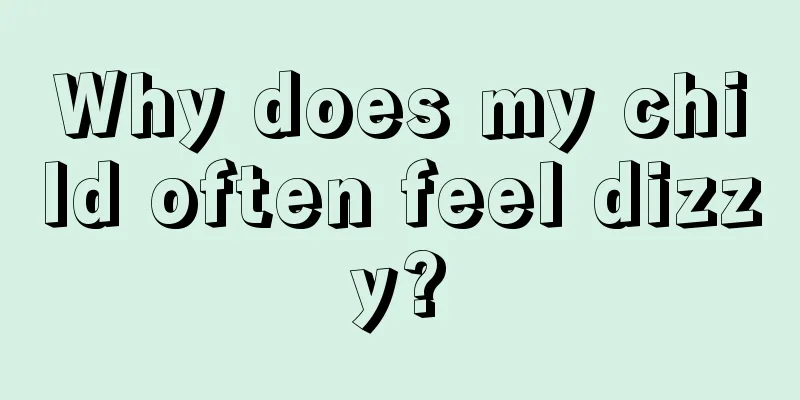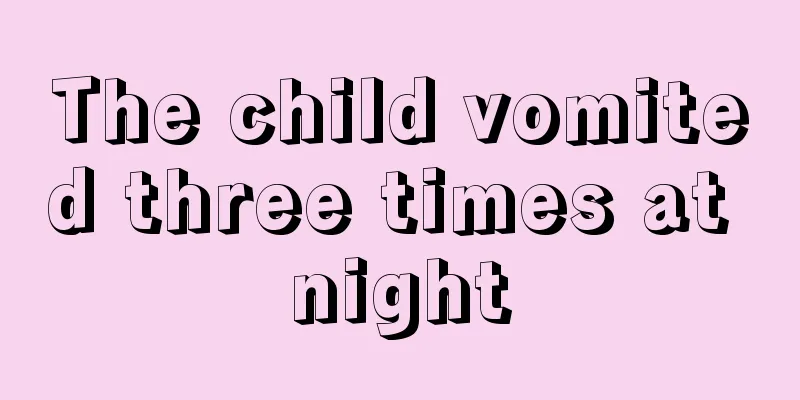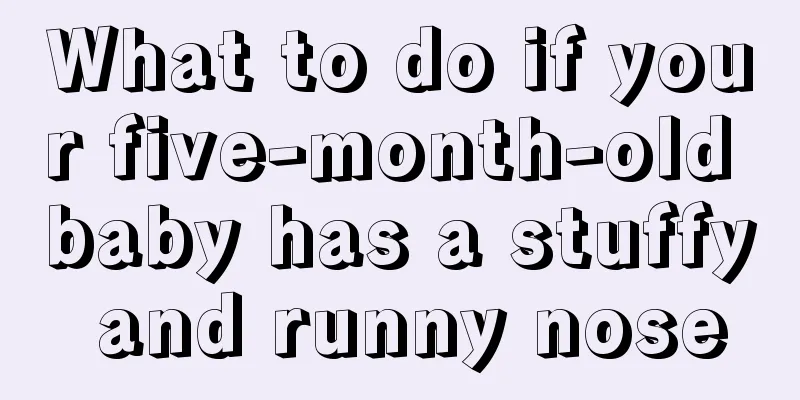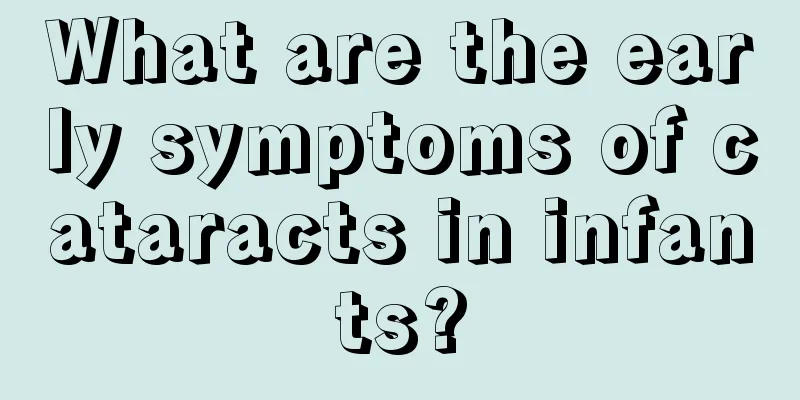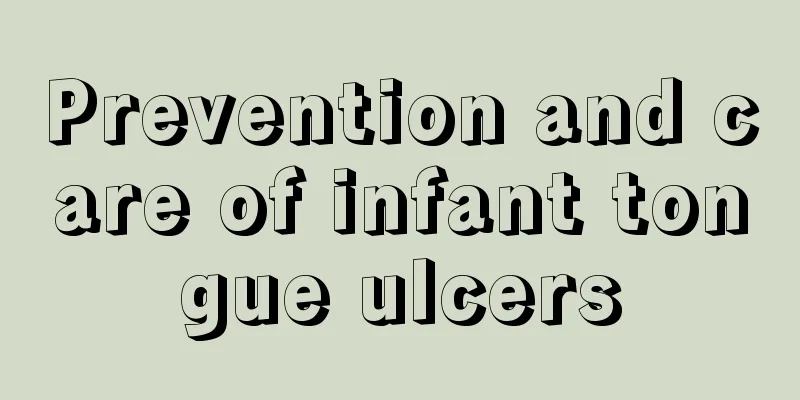What are the symptoms of paralysis in children?
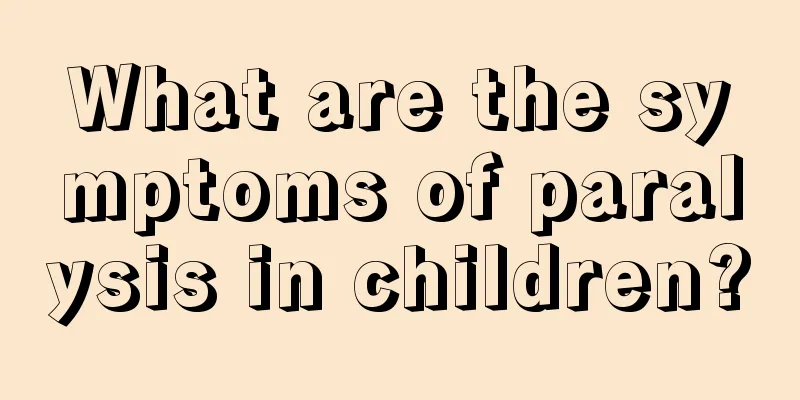
|
Paralysis in a young child is such a huge harm to a child, and it is such a misfortune for a family. A family that was once happy and full of vitality will no longer be in a good state because of the child's illness. The direct cause of paralysis in young children is brain damage and brain development defects. Many reasons can constitute high-risk factors, which can be simply divided into congenital factors and injury factors during pregnancy, delivery, and neonatal period. It can be roughly divided into genetic factors, pregnancy factors, delivery factors, and the impact of neonatal diseases. After seeing these influencing factors, everyone needs to pay more attention during the parenting period. So what are the symptoms of paralysis in young children? Nowadays, more and more children are suffering from cerebral palsy, which makes many parents very anxious. What should they do for children with cerebral palsy and how should they arrange their children's future life? What we can do for cerebral palsy is to understand its symptoms and treat it as early as possible. Let’s take a look at the symptoms and treatment of cerebral palsy. Symptoms of cerebral palsy in young children 1. The symptoms of cerebral palsy in infants mainly include abnormal posture: affected by abnormal muscle tone and disappearance of primitive reflexes, children may have a variety of abnormal limb postures, which will affect their normal motor function. During the physical examination, when the child is placed in the prone, supine, upright position, and pulled from the supine position to a sitting position, abnormal posture and abnormal position of the paralyzed limbs can be found. 2. Delayed motor development and reduced active movement of paralyzed limbs: Children with this disease cannot complete the motor development process that normal children of the same age should have, including gross motor skills such as raising the neck, sitting, standing, and walking alone, as well as fine movements of the fingers. 3. There is also a type called congenital flaccid diplegia. Different from the above two types of rigid limb paralysis, this patient has increased range of motion of limb joints, soft and weak limbs, and cannot support the body when lifted up, and cannot even lift his head by himself. When sitting, he staggers from side to side, and his head is randomly tilted. This type of case is less common and has a worse prognosis, as it is difficult for the child to learn to walk on his own. 4. Patients with cerebral palsy also suffer from congenital bilateral spastic paralysis. This type of cerebral palsy is the most typical and common. For example, the child's lower limbs are stretched out and adducted, often crossing left and right. Most of the children gradually learn to walk after a few years, with their toes stretched out and their toes touching the ground when walking. Because their lower limbs are adducted, they walk in a scissors gait. Some children with milder conditions may learn to walk on their own later, but they move left and right, using their hips to drive their lower limbs. Symptoms of cerebral palsy in young children Symptoms of cerebral palsy patients include epilepsy. Many people suffer from epilepsy. Some statistics put the number as high as half. It is very important to give anti-epileptic drugs appropriately to control seizures. If epileptic seizures continue, the child's movement disorders, language disorders, and intellectual disability will continue to worsen. For those children with potential epileptic seizures, anti-epileptic drugs should be actively given. What are the symptoms of paralysis in young children? After analysis, everyone has some understanding. So you should pay more attention to your child's growth and health during the parenting period. If your child unfortunately suffers from paralysis, then check and discover it as soon as possible and treat it early. Family members must face the problem, confront reality, adhere to scientific treatment, treat the sick child with patience and love, and maintain confidence in recovery. Use the correct method to massage and guide your child, and I believe your child will recover. |
<<: How harmful is formaldehyde to babies?
>>: 17 steps to change newborn diapers
Recommend
What causes black gums in children?
We often hear children asking for candy while sho...
Nursing measures for infantile labia adhesion
Every child is born healthy, but many babies will...
What to do if your child has mesenteric lymphadenitis and stomach pain
Mesenteric lymphadenitis is a common disease in c...
What is happening when my child has blue circles under his eyes?
Babies are always the treasure of the family. If ...
What to do if your child's nails don't grow long
Children have a lot of nutritional needs because ...
What to do if children have indigestion and vomiting
Indigestion is a very common phenomenon in childr...
Reasons for a three-year-old baby to cough and vomit
The baby is still young and his physical quality ...
How to correct baby's sleeping with milk
Many parents often have insufficient milk after g...
Can children eat taro when they are young?
Many people don't know what to feed their chi...
Normal value and regulation method of neonatal blood pressure
We all know that our body's normal activities...
What is spastic cerebral palsy?
Spastic cerebral palsy in children is a disease t...
What should I do if my baby has facial allergies?
The baby's skin is relatively fragile and eas...
Height and weight standards for 2-year-old children
The issues that many parents are most concerned a...
What to do if your child has eczema
The most common symptom of eczema is unbearable i...
6 month old baby teething symptoms
The healthy development of a baby is a process th...
